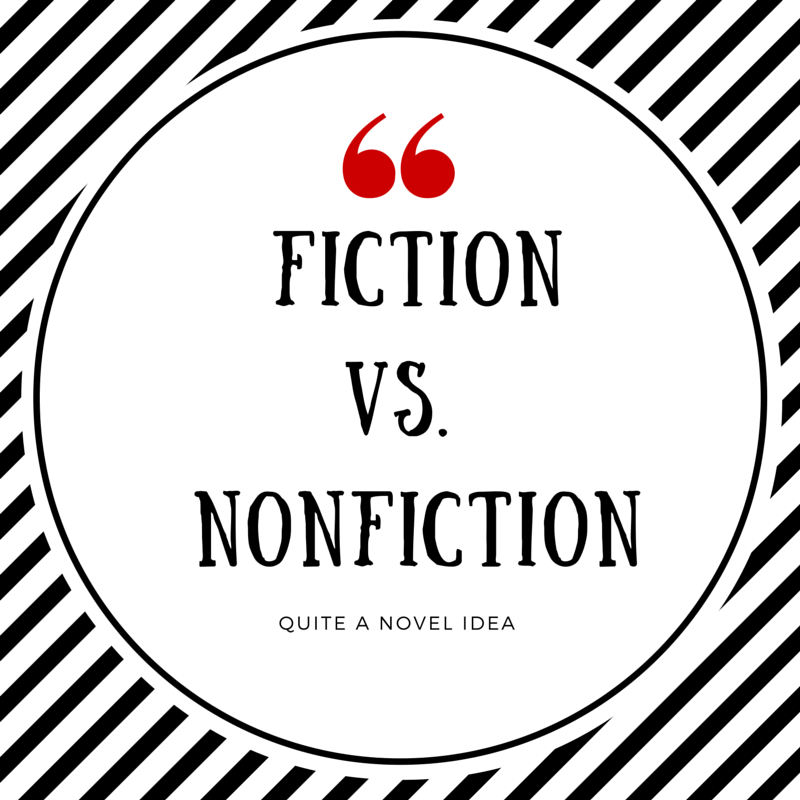
Wernher Von Braun is linked forever with America’s space
program.
As a leading scientist working for the Nazi party during the war, he
developed the V2 rocket which relies on liquid propulsion, a major breakthrough
in the 1940’s. Germany tried to weaponized the missiles but killed more laborers
in their camps than allied soldiers. It wasn’t an effective weapon but helped
create a ‘genius’ myth around its creator Von Braun. Sensing a collapse of the
Third Reich and the strong possibility of being captured by the Russians, he
surrendered to the Americans instead.
Wernher Von Braun’s second act is either a miscarriage of
justice or proof that noble patriots got sucked into supporting a dictator they
didn’t like. His link to the Nazi party was too much for many Americans to get
over. Why should he not be held responsible for the atrocities committed by the
group to which he was a member? Naturally the Americans questioned him about
his affiliation. I’ve
read through some of his answers on the critical questions about his
background. He mostly comes off reluctant about the German cause, an engineer
concerned with building rockets and exploring the moon.
Whether you believe him or not determines what
you think of allowing him to become an American, and develop a space program in
the U.S.
At first glance it doesn’t look good. The Americans
essentially moved Von Braun and his crew over the Atlantic and set them up with
a new purpose, to beat the Russians into space. Not only to beat the Soviets
but also to test and develop rockets for military use.
From 1945 until his death in 1977 he worked on ballistic
missiles for the Army and countless NASA programs like the Saturn launch
rocket. They played catch-up to the Soviets after Sputnik (first satellite). Saturn was the first launch rocket to take Americans into space.
For some, Von Braun was nothing more than an opportunist. A
reluctant Nazi perhaps, but one who oversaw the conditions in the research
laboratory and did nothing to stop them. Slave labor was used to assemble and
test the V2s under miserable conditions. Reports from soldiers who liberated
the camp at Mittlebau-Dora described it the same way they described finding
other camps around the country, dead bodies stacked in corners and horrific
injuries, malnutrition, disease. War engenders callousness in those who experience
it. But to not protest or walk out in protest suggests cruelty or indifference.
The rest of the Nazi cadres that were captured faced a war tribunal at
Nuremberg, including Von Braun’s ally Albert Speer.
What should be the response toward scientists’ who worked
with Nazis? I don’t mean the ones who conducted torture experiments on people, just the ones who developed bomb technology or rocket
propulsion? Von Braun never believed had Germany won, that Allied scientists
would have been treated the same as generals and commanders. Where military
leaders get harsh punishment (imprisonment, death) scientific disciplines get
lighter penalties like restrictions on future practice.
Apparently he expresses remorse for the treatment of prisoners
in later interviews. Always with the aside that he couldn’t stop it if he
wanted to, he was a scientist caught up in a war.
By all accounts he makes a genuine life change in America
after he attends a Baptist church in Texas. One account tells of a pastor in
his hometown of Huntsville, Alabama leading Wernher in a prayer of repentance.
If anyone doubts his commitment to Christ, they need only read his observations
on science and religion.
Through
science man attempts to understand the laws of creation; through religious
activities he attempts to understand the intentions of the Creator. Each
approach is a search for ultimate truth.
If this was an attempt to be accepted in America as an
engineer living in accordance with cultural norms, he wouldn’t have been so
bold about the existence of God. Especially in the science community,
agnosticism would have been a wiser choice. By promoting “Creationism” he
basically becomes an outcast among an elite group. By the time of his death he
is the most prominent Creationist in the country and sees no conflict between
religion and science.
More
scientists will get off their ivory towers and publicly say what I am saying
here...with all the modern means at our disposal, with schools, churches,
educational institutions, press, radio, and television, they should tell the
world that religion and science are not incompatible; that, to the contrary;
they belong together.
Another anecdote about the V2 rocket technician shows he
wasn’t interested in making ballistic missiles for the Nazi’s. Supposedly
Himmler had him arrested after he Von Braun showed a lack of interest in using
his designs for the war effort. He was shortly released after Albert Speer
convinced the Fuhrer of his
utility.
As with everything surrounding the life of the most
important man in space development, it depends on how convincing he is to us.
His Christianity seems genuine to me since it was so unnecessary in his profession.
Yet he becomes a leading voice for Creationism and exploration of the heavens until his death in 1977.
It’s Wernher Von Braun’s usefulness
to the United States’ ambitions in space that makes one cynical. Would the crew
responsible for V2’s technology have been treated differently if they weren’t
brilliant, if they hadn’t achieved scientific breakthroughs in rocket
propulsion?
I keep coming across a lot of literature critical of Von
Braun and his white glove treatment by the Americans after the war. Maybe his
genius is what saved him, an indispensable piece in race to the moon. Maybe it was his very falling out with the Nazis
and their plans to bomb civilians that separated him, just enough, from the monstrous regime.
How he lived his life after the war speaks
to a change of heart and a commitment to scientific inquiry. Despite his past, he made his future matter for good.




